Home>diy>Building & Construction>What Is Construction
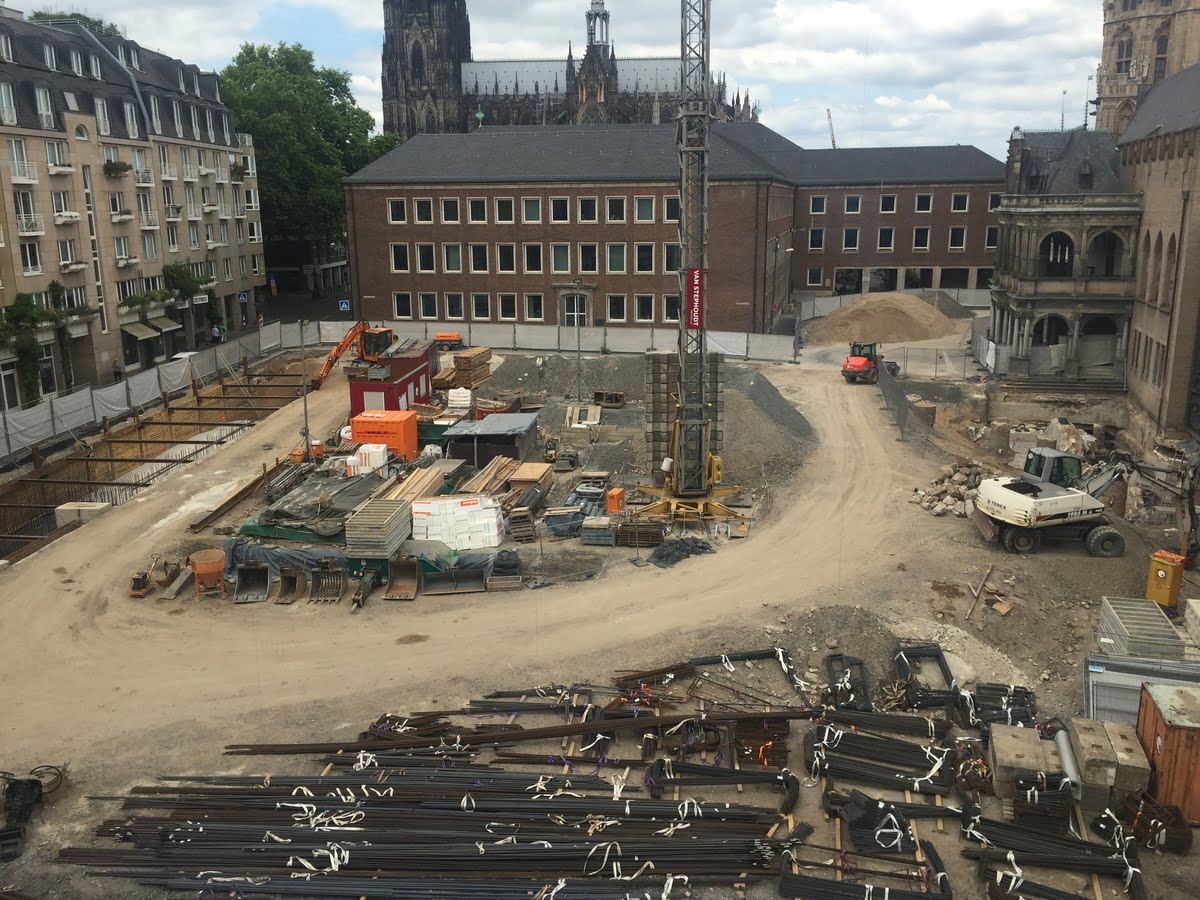

Building & Construction
What Is Construction
Modified: January 9, 2024
Discover the ins and outs of building construction and understand the key elements involved in this fascinating field. Gain valuable insights into the construction process and explore the various techniques used for successful project completion.
(Many of the links in this article redirect to a specific reviewed product. Your purchase of these products through affiliate links helps to generate commission for Storables.com, at no extra cost. Learn more)
Introduction
Welcome to the world of construction, where dreams are turned into reality through hard work, skill, and innovation. Construction is a fundamental and essential industry that shapes the world we live in. From towering skyscrapers to intricate bridges, construction plays a vital role in our infrastructure, economy, and daily lives.
Construction can be defined as the process of creating, assembling, and erecting structures or buildings using a variety of materials and techniques. It encompasses a wide range of activities, such as design, planning, procurement, and execution, all aimed at bringing architectural plans to life.
At its core, construction involves transforming raw materials into finished structures that meet specific requirements and standards. It requires a diverse range of skills, from engineering and project management to craftsmanship and attention to detail.
As we delve deeper into the world of construction, let’s explore some key players in the industry, the different types of construction projects, the construction process itself, the importance of construction, the challenges it faces, and the future trends that shape its trajectory.
Key Takeaways:
- Construction is the art of turning architectural designs into tangible structures, driving economic growth, creating jobs, and shaping the physical landscape while facing challenges like skilled labor shortages and complex regulations.
- The future of construction lies in sustainability, digitalization, and innovation, with trends such as green construction, off-site methods, robotics, and renewable energy integration leading the industry towards a more efficient and resilient built environment.
Read more: What Is Drainage In Construction
Definition of Construction
Construction is the process of building, assembling, or erecting structures, infrastructure, or facilities. It involves the careful planning, design, procurement of materials, and execution of various tasks to create a final product that meets specific requirements.
In construction, a broad range of activities takes place, including excavation, foundation laying, structural work, installation of utilities, interior finishing, and more. These activities follow a systematic approach, guided by architectural plans and engineering principles.
Construction can occur in various sectors, including residential, commercial, industrial, and civil engineering. Each sector has its unique set of requirements and challenges, necessitating specialized knowledge and expertise.
There are different types of construction projects, including new construction, renovation, and maintenance. New construction involves building structures from the ground up, while renovation projects involve the modification or restoration of existing structures. Maintenance projects aim to preserve and prolong the lifespan of structures.
Construction projects can vary greatly in scale, from small residential buildings to large-scale infrastructure projects like highways, bridges, and airports. Regardless of size or complexity, construction projects require meticulous planning, coordination, and collaboration among various stakeholders, including architects, engineers, contractors, and subcontractors.
To ensure the successful completion of a construction project, several factors come into play. These include financial considerations, regulatory compliance, environmental impact, and safety standards. The construction industry is governed by building codes and regulations that dictate the quality, safety, and sustainability of structures.
With advancements in technology and innovative construction methods, the industry has witnessed significant changes over the years. The use of automation, 3D printing, Building Information Modeling (BIM), and sustainable materials are revolutionizing the way construction projects are executed, making them more efficient, cost-effective, and environmentally friendly.
In essence, construction is the art and science of turning architectural designs into tangible structures. It requires a blend of technical expertise, creativity, problem-solving skills, and a keen eye for detail. Construction not only shapes the physical landscape but also contributes to economic growth, job creation, and societal development.
Key Players in the Construction Industry
The construction industry is a complex ecosystem that involves numerous stakeholders working together to bring construction projects to completion. Each player has a distinct role and contributes to the success of the project. Let’s take a closer look at some of the key players in the construction industry:
- Architects and Designers: Architects and designers are responsible for creating the initial concept and design of structures. They develop detailed plans and drawings, considering factors like functionality, aesthetics, and safety.
- Engineers: Engineers provide the technical expertise necessary to ensure the structural integrity and safety of construction projects. Civil, mechanical, electrical, and structural engineers are some of the specialists involved in the construction industry.
- General Contractors: General contractors oversee the overall construction process. They manage resources, coordinate different trades, and ensure that the project is completed on time and within budget. General contractors often work with subcontractors to handle specialized tasks.
- Subcontractors: Subcontractors are hired by general contractors to perform specific tasks or trades within a construction project. These can include plumbing, electrical work, painting, roofing, and more. Subcontractors bring specialized skills and expertise to the project.
- Suppliers: Suppliers provide the necessary materials and equipment for construction projects. They play a critical role in the procurement process, ensuring that the right materials are delivered to the construction site on time.
- Construction Workers: Construction workers are the individuals who physically execute the tasks involved in building structures. They include carpenters, masons, plumbers, electricians, welders, and other skilled tradespeople. Construction workers bring the plans and designs to life through skilled craftsmanship.
- Project Managers: Project managers oversee the overall planning, execution, and coordination of construction projects. They are responsible for managing budgets, timelines, resources, and ensuring that all project objectives are met.
- Inspectors: Inspectors play a crucial role in ensuring that construction projects comply with building codes, regulations, and safety standards. They perform inspections at different stages of the construction process to identify any potential issues or deviations.
- Owners and Clients: Owners and clients are the individuals or organizations who initiate and finance the construction projects. They have specific requirements and objectives that need to be met, and they play an active role in decision-making throughout the project.
These are just a few of the key players in the construction industry. Each stakeholder brings a unique set of skills and expertise to the table, contributing to the successful completion of construction projects. Collaboration and effective communication among these players are essential for achieving high-quality results and delivering projects that meet and exceed client expectations.
Types of Construction Projects
The construction industry is diverse and encompasses a wide range of projects, each with its specific requirements and challenges. Let’s explore some of the common types of construction projects:
- Residential Construction: Residential construction focuses on building or renovating houses, apartments, condominiums, and other residential properties. It includes single-family homes, multi-unit complexes, and custom-designed residences. Residential construction projects involve various trades, such as foundation work, framing, plumbing, electrical installations, and finishing.
- Commercial Construction: Commercial construction involves the creation or renovation of non-residential buildings, such as office buildings, retail stores, restaurants, hotels, and warehouses. These projects often require specialized features like HVAC systems, commercial-grade electrical and plumbing installations, and compliance with accessibility regulations.
- Industrial Construction: Industrial construction pertains to the construction or expansion of industrial facilities, including factories, manufacturing plants, refineries, power plants, and warehouses. These projects require expertise in structural engineering, heavy machinery installation, and adherence to safety standards unique to industrial settings.
- Institutional Construction: Institutional construction focuses on building facilities for public use, such as schools, hospitals, government buildings, museums, libraries, and religious institutions. These projects often require specialized knowledge of building codes, safety regulations, and design considerations for specific purposes.
- Infrastructure Construction: Infrastructure construction involves the development and improvement of public infrastructure, including roads, bridges, airports, railways, dams, water treatment plants, and utility networks. These projects often require collaboration with government agencies, civil engineers, and environmental specialists to ensure functionality and sustainability.
- Renovation and Remodeling: Renovation and remodeling projects involve making modifications to existing structures to improve functionality, aesthetics, or adapt to changing needs. These projects can range from minor interior upgrades to extensive structural modifications, such as adding new rooms or altering the layout of a building.
- Green Building Projects: Green building projects focus on constructing environmentally sustainable structures that minimize energy consumption, reduce waste, and incorporate renewable materials. These projects often aim for certification, such as LEED (Leadership in Energy and Environmental Design), and involve the integration of energy-efficient systems, natural lighting, and eco-friendly construction practices.
- Infrastructure Maintenance and Repair: Infrastructure maintenance and repair projects involve the ongoing maintenance, inspection, and repair of existing infrastructure to ensure safety and longevity. This includes activities like road resurfacing, bridge maintenance, pipeline repair, and upgrading utilities.
These are just a few examples of the types of construction projects that exist. Each project type presents its unique set of requirements, from design considerations and materials to specialized skills and permits. Understanding the specific needs and complexities of each project type is crucial for successful planning and execution.
Construction Process
The construction process is a carefully orchestrated series of steps that takes a project from the initial planning stage to completion. While the exact process may vary depending on the size and complexity of the project, here is a general overview of the construction process:
- Project Initiation: The first step in the construction process involves project initiation. This includes defining the project scope, setting objectives, and identifying the key stakeholders. It also involves conducting feasibility studies, site assessments, and securing necessary permits and approvals.
- Design and Planning: Once the project is initiated, the design and planning phase begins. Architects and engineers work closely with the client to develop detailed plans and specifications. This includes creating architectural drawings, structural design, electrical and plumbing layouts, and selecting materials.
- Procurement: After the design phase, the procurement process takes place. This involves identifying and sourcing the required materials, equipment, and subcontractors. It also includes obtaining price quotes, negotiating contracts, and managing the supply chain to ensure timely delivery of materials to the construction site.
- Construction Execution: The construction execution phase is where the actual building process begins. It starts with site preparation, including excavation, grading, and setting up temporary facilities. Then, the foundation is laid, followed by the erection of structural elements, including walls, floors, and roofs. Other tasks, such as plumbing, electrical installations, and HVAC systems, are carried out in parallel.
- Quality Control and Inspections: Throughout the construction process, quality control and inspections play a crucial role. Inspectors ensure compliance with building codes, safety regulations, and quality standards. They conduct regular inspections at different stages to identify any potential issues or deviations that need to be addressed.
- Finishing and Interior Work: Once the structure is complete, the focus shifts to finishing and interior work. This includes installing flooring, painting, cabinetry, fixtures, and other interior elements. It also involves landscaping, exterior finishes, and site clean-up.
- Testing and Commissioning: Before the project is handed over to the client, thorough testing and commissioning take place. This ensures that all systems, such as electrical, plumbing, HVAC, and fire safety, are fully functional and meet the required standards. Testing may involve functional tests, pressure tests, and performance evaluations.
- Project Completion and Handover: Finally, the project reaches completion, and a formal handover takes place. This includes obtaining necessary certifications, conducting final inspections, addressing any pending issues, and handing over the completed project to the client. It may also involve training the client’s staff on system operations and maintenance.
- Post-Construction: Even after the project is completed, post-construction activities continue. This includes resolving any warranty issues, addressing maintenance needs, and ensuring client satisfaction. It also involves project documentation, including as-built drawings and final financial settlements.
The construction process requires meticulous planning, coordination, and collaboration among various stakeholders. Effective project management, communication, and adherence to safety and quality standards are essential for ensuring the successful and timely completion of construction projects.
Construction involves the process of building, assembling, or creating something, typically a structure or infrastructure. It includes planning, design, and execution of the project, as well as the use of various materials and equipment.
Read more: What Is An AHA In Construction
Importance of Construction
Construction is a critical industry that serves as the backbone of economic development and societal progress. Its importance can be observed in various aspects of our lives. Here are some key reasons why construction is essential:
- Infrastructure Development: Construction is vital for the development and maintenance of infrastructure that supports economic activities and enhances the quality of life. It involves the construction of roads, bridges, airports, railways, schools, hospitals, and other essential facilities that form the foundation of prosperous communities.
- Economic Impact: The construction industry has a significant impact on the economy. It generates employment opportunities, both directly and indirectly, creating jobs for architects, engineers, construction workers, and supporting industries. Construction projects also spur economic growth by attracting investments, stimulating consumer spending, and generating tax revenues.
- Innovation and Technological Advancement: The construction industry drives innovation and technological advancement. It constantly seeks better construction methods, materials, and equipment to improve efficiency, safety, and sustainability. Innovations like Building Information Modeling (BIM), prefabrication, and automated construction processes have revolutionized the way projects are designed and executed.
- Urban Development and Revitalization: Construction plays a crucial role in urban development and revitalization. It helps create vibrant cities, rejuvenates neighborhoods, and transforms vacant lots or dilapidated buildings into modern, functional spaces. Construction projects contribute to urban renewal, attracting businesses, improving property values, and enhancing the overall quality of life for residents.
- Housing and Shelter: Construction provides people with safe and comfortable housing options. Residential construction projects, such as houses, apartments, and affordable housing complexes, offer individuals and families a place to call home. Adequate housing is essential for social stability, community growth, and individual well-being.
- Public Safety and Infrastructure Resilience: Construction is vital for ensuring public safety and infrastructure resilience. It involves the construction of buildings that can withstand natural disasters, such as hurricanes, earthquakes, and floods. Infrastructure projects like resilient bridges and modernized utilities enhance the safety and functionality of communities, protecting lives and property.
- Social and Cultural Impact: Construction projects have a significant social and cultural impact. They shape the physical landscape, preserve historical landmarks, and contribute to the cultural heritage of a community. Construction of museums, theaters, libraries, and art galleries enriches the cultural fabric of society and promotes creativity and artistic expression.
- Sustainability and Environmental Stewardship: The construction industry is increasingly focused on sustainability and environmental stewardship. Green building practices, energy-efficient designs, and the use of renewable materials help reduce carbon footprints and minimize the impact on the environment. Construction contributes to the development of eco-friendly spaces that promote a healthier and more sustainable future.
Construction is a multifaceted industry that encompasses economic, social, environmental, and cultural aspects. It plays a vital role in shaping our physical environment, driving economic growth, and improving the overall quality of life. The importance of construction is evident in its capacity to create and transform spaces that meet the needs of individuals, communities, and future generations.
Challenges in the Construction Industry
The construction industry faces a range of challenges that impact project timelines, budgets, and overall success. These challenges can arise from various factors, including regulatory, economic, environmental, and technological changes. Here are some of the key challenges in the construction industry:
- Project Delays: Delays in construction projects can occur due to various reasons, such as changes in scope, unforeseen site conditions, weather disruptions, labor shortages, or issues with the supply chain. Delays can lead to increased costs, contractual disputes, and dissatisfaction among stakeholders.
- Cost Overruns: Construction projects often face the risk of cost overruns. These can result from poor budgeting, inaccurate cost estimates, changes in materials prices, or delays in construction. Managing costs effectively is crucial to ensure projects remain financially viable and completed within budget.
- Skilled Labor Shortages: The construction industry is facing a significant shortage of skilled labor. As experienced workers retire, there is a lack of skilled replacements entering the field. The shortage of skilled workers can result in slower project completion, increased labor costs, and potential quality issues.
- Complex Regulations: The construction industry is subject to numerous regulations and building codes, which can vary by region and project type. Compliance with these regulations can be complex and time-consuming, requiring expertise and attention to detail. Failure to comply can result in penalties, project delays, and legal complications.
- Safety Risks: The construction industry is inherently hazardous, and ensuring the safety of workers is of utmost importance. However, construction sites can be challenging to manage, with potential risks such as falls, electrical hazards, and equipment-related accidents. Maintaining a strong safety culture and implementing robust safety protocols is essential but can be a constant challenge.
- Environmental Impact: Construction projects can have a significant environmental impact. The industry is increasingly focused on implementing sustainable practices, minimizing waste, and reducing carbon emissions. However, balancing environmental concerns with project requirements and managing the environmental impact can present challenges, both in terms of cost and feasibility.
- Technological Advancements: While technological advancements have brought numerous benefits to the construction industry, they also pose challenges. Integrating new technologies and software systems, training workers, and managing data can require significant investment and expertise. Adopting and adapting to emerging technologies while ensuring compatibility with existing processes can be a complex process.
- Contractual Disputes: Construction projects involve multiple parties with different roles, responsibilities, and interests. Disputes can arise due to disagreements over scope changes, contract terms, delays, or quality issues. Resolving these disputes in a fair and timely manner is crucial to maintain project momentum and minimize disruptions.
Addressing these challenges requires proactive and strategic management by all stakeholders involved in the construction process. Collaboration, effective communication, and proactive risk management are essential to navigate these challenges successfully and ensure the timely and successful completion of construction projects.
Future Trends in Construction
The construction industry is constantly evolving, driven by advancements in technology, changing regulations, and shifting societal priorities. Here are some key future trends that are expected to shape the construction industry:
- Green and Sustainable Construction: Sustainability will continue to be a major focus in the construction industry. Green building practices, energy-efficient designs, and the use of eco-friendly materials will become even more prevalent. There will be an increased emphasis on renewable energy integration, waste reduction, and circular economy principles.
- Off-Site and Modular Construction: Off-site and modular construction methods are gaining traction due to their speed, cost-efficiency, and reduced environmental impact. Prefabricated and modular components are manufactured off-site and assembled on-site, allowing for faster construction and improved quality control.
- Digitalization and Building Information Modeling (BIM): The use of digital technologies, such as Building Information Modeling (BIM), will become widespread. BIM allows for more accurate project visualization, improved collaboration among stakeholders, and better project management. It enables the integration of 3D modeling, cost estimation, scheduling, and facility management.
- Robotics and Automation: Automation and robotics will revolutionize the construction industry, improving efficiency and safety. Autonomous vehicles and drones will be used for site inspections, material delivery, and data collection. Robots will assist in tasks like bricklaying, welding, and 3D printing, reducing labor requirements and increasing productivity.
- Augmented Reality (AR) and Virtual Reality (VR): AR and VR technologies will play a significant role in construction by enhancing design visualization, training programs, and on-site safety. AR allows for real-time overlay of digital information on physical spaces, while VR provides immersive simulations for design review and virtual site visits.
- Smart Buildings and Internet of Things (IoT): Buildings will become smarter, integrating IoT devices and connectivity for improved energy management, occupant comfort, and maintenance. Smart sensors will monitor occupancy, temperature, and energy usage, optimizing building performance and reducing operational costs.
- Prefabrication and 3D Printing: Prefabrication will continue to gain popularity as it offers faster construction timelines and better quality control. 3D printing technologies will advance, allowing for the rapid production of complex components and structures with minimal material waste.
- Renewable Energy Integration: With the increasing focus on renewable energy, construction projects will integrate solar panels, wind turbines, and other clean energy technologies. Buildings will aim to achieve net-zero energy consumption or even become energy-positive, generating more energy than they consume.
- Data Analytics and Artificial Intelligence (AI): The construction industry will increasingly leverage data analytics and AI for improved project management, risk assessment, and decision-making. AI algorithms will analyze large datasets to identify patterns, predict project outcomes, and optimize construction processes.
- Wellness and Biophilic Design: There will be a growing emphasis on occupant well-being and biophilic design principles. Buildings will incorporate natural elements, such as green spaces and daylighting, to improve indoor air quality, reduce stress, and enhance productivity.
These future trends represent the direction the construction industry is heading as it adapts to meet the evolving needs of society. Embracing these trends will not only drive innovation but also contribute to a more sustainable, efficient, and resilient built environment.
Conclusion
The construction industry plays a vital role in shaping our world, from creating iconic buildings to building the infrastructure that supports our communities. Throughout this article, we have explored the definition of construction, the key players in the industry, various types of construction projects, the construction process, the importance of construction, the challenges it faces, and the future trends that will shape its trajectory.
Construction is a complex and multifaceted industry, requiring collaboration and expertise from architects, engineers, contractors, subcontractors, suppliers, and many other stakeholders. Each construction project involves meticulous planning, procurement of materials, and execution of various tasks to bring architectural plans to life.
Construction is of profound importance to society and the economy. It drives economic growth, creates employment opportunities, and contributes to the development of communities. The construction industry is essential for the creation and maintenance of infrastructure, the provision of housing, and the revitalization of urban areas.
However, the construction industry also faces several challenges, such as project delays, cost overruns, skilled labor shortages, complex regulations, and safety risks. Overcoming these challenges requires proactive management, effective communication, and a commitment to safety and quality standards.
Looking ahead, the construction industry is poised for significant advancements and innovations. Green and sustainable construction practices, off-site construction methods, digital technologies like BIM and VR, automation and robotics, and renewable energy integration will shape the future of construction.
In conclusion, the construction industry is indispensable for the growth, development, and progress of societies around the world. It encompasses a wide range of projects, from residential and commercial construction to infrastructure development and renovation. By embracing innovation, sustainability, and collaboration, the construction industry can continue to build a better future for generations to come.
Frequently Asked Questions about What Is Construction
Was this page helpful?
At Storables.com, we guarantee accurate and reliable information. Our content, validated by Expert Board Contributors, is crafted following stringent Editorial Policies. We're committed to providing you with well-researched, expert-backed insights for all your informational needs.
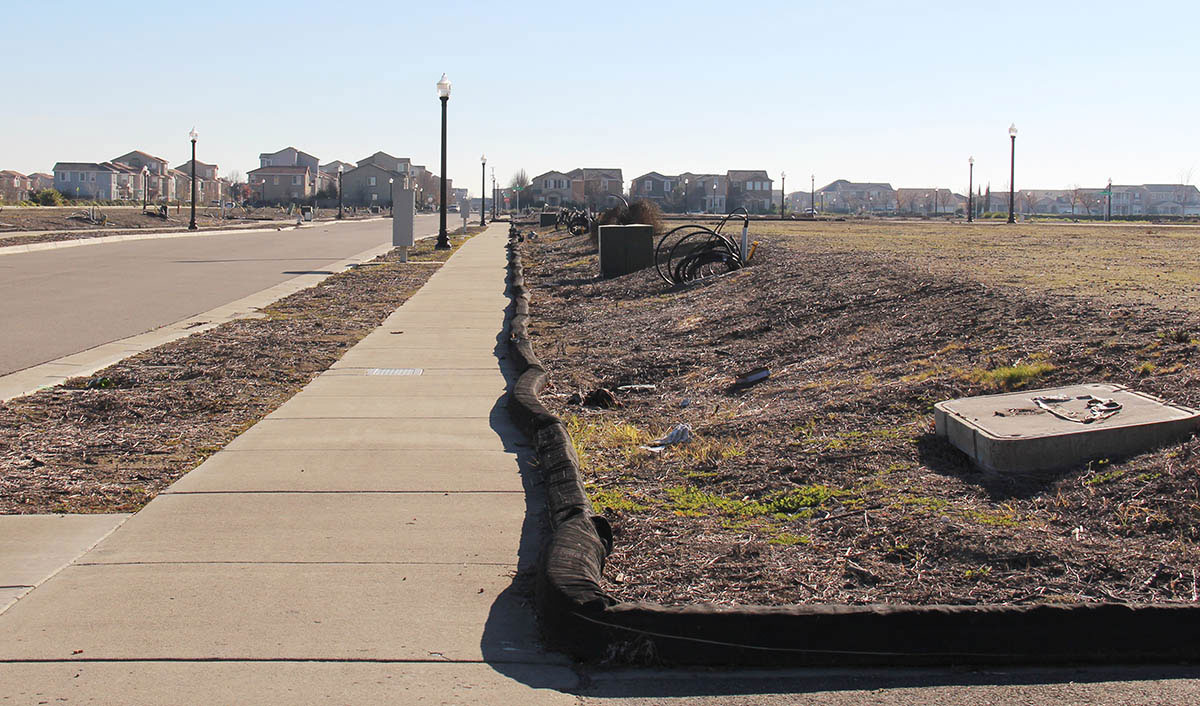
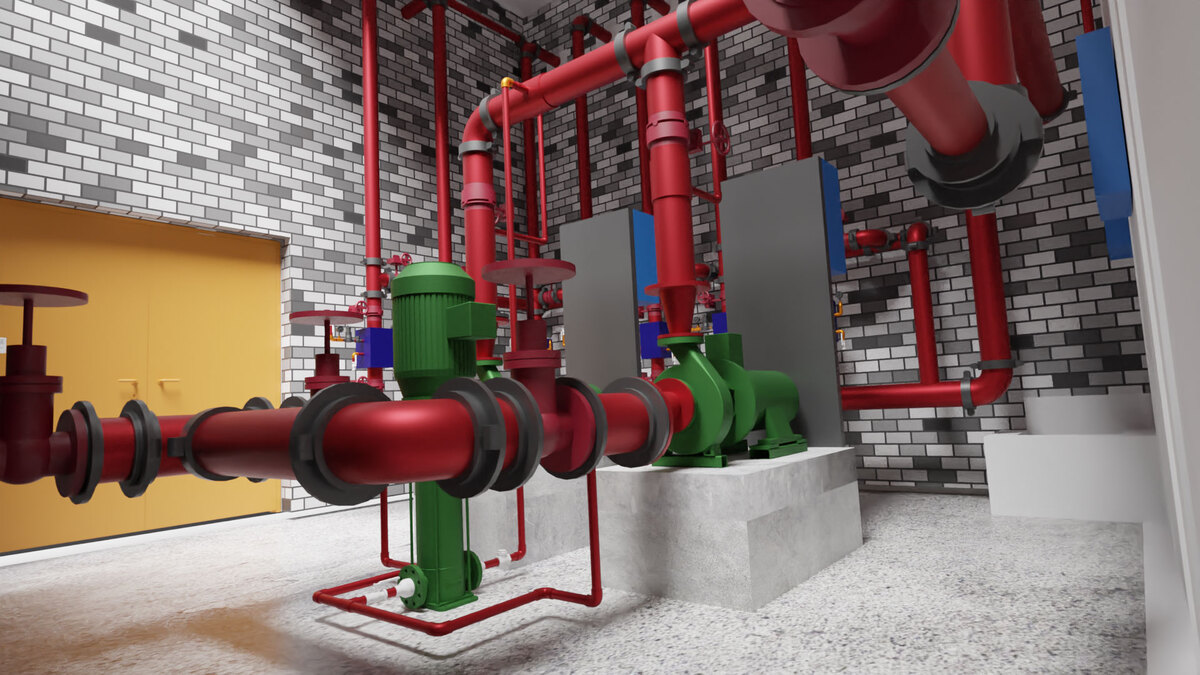
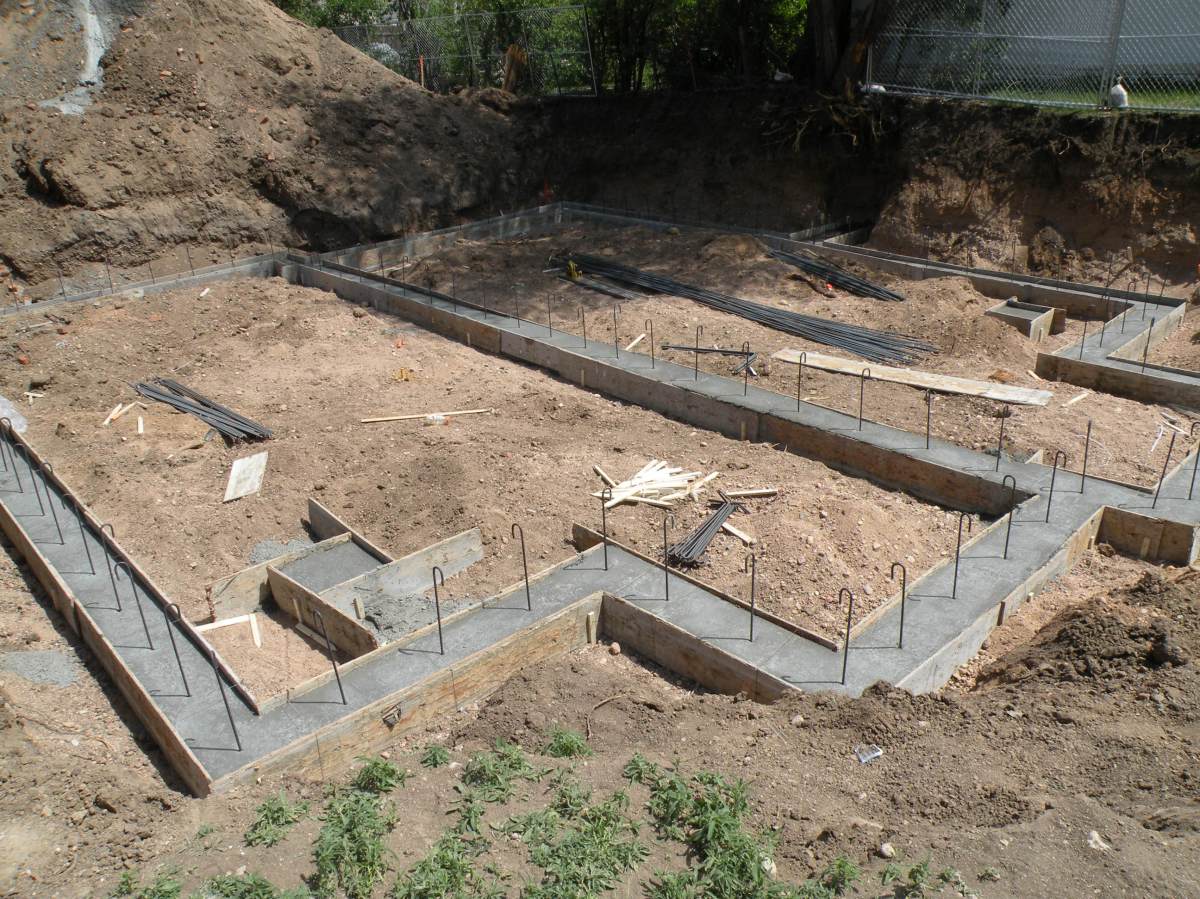
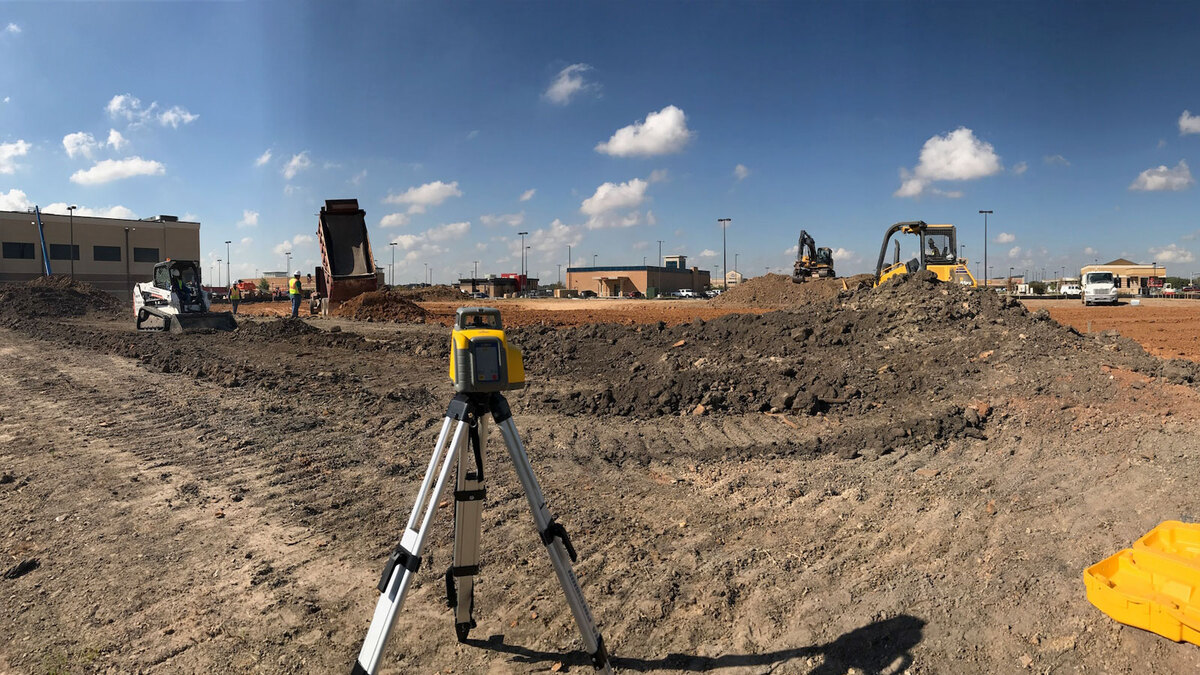
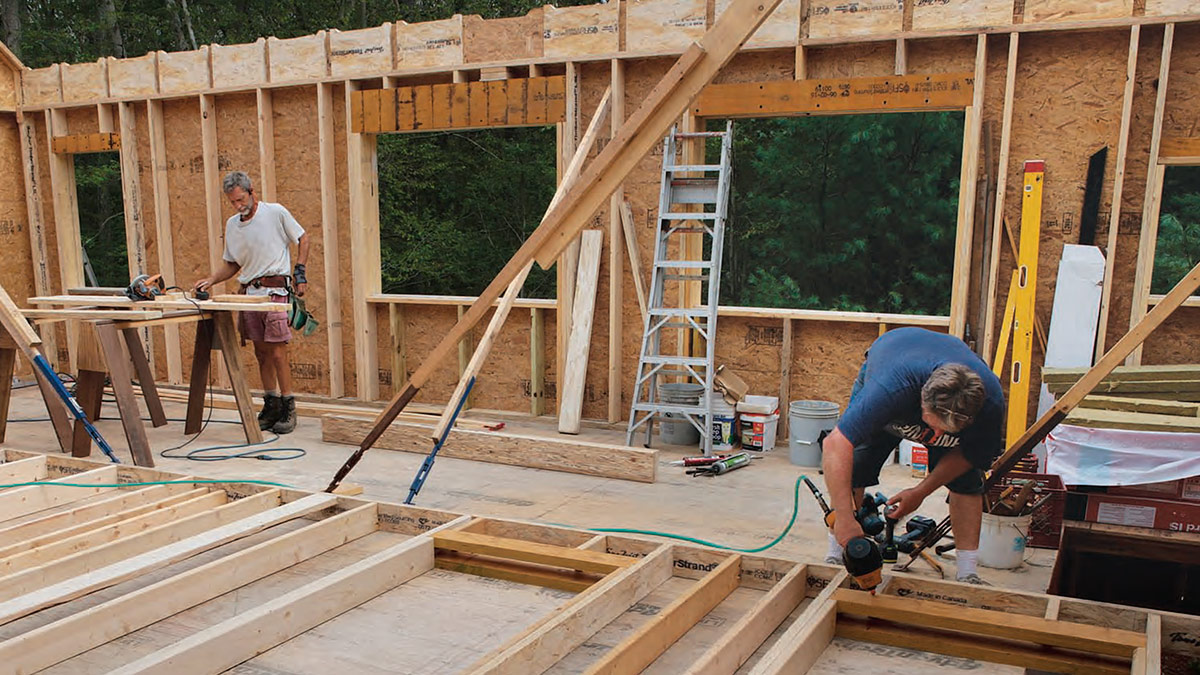
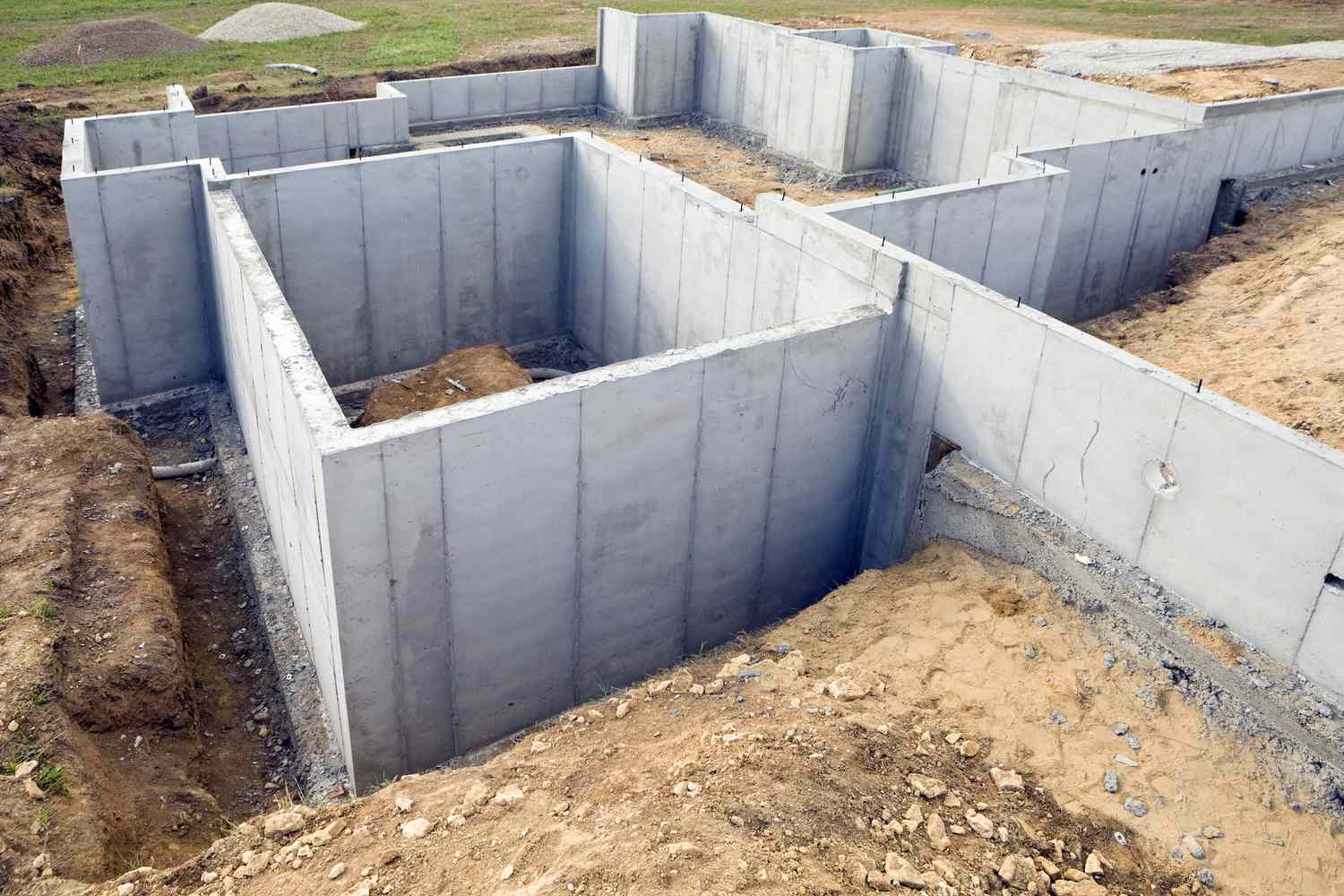
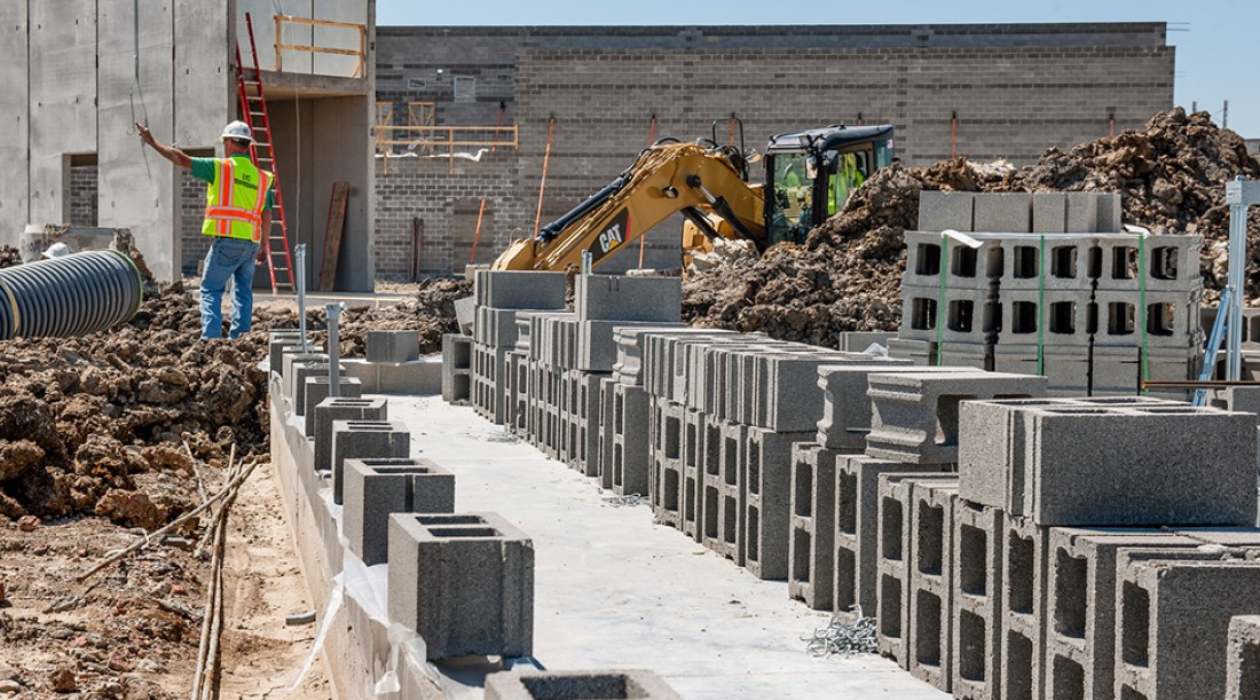

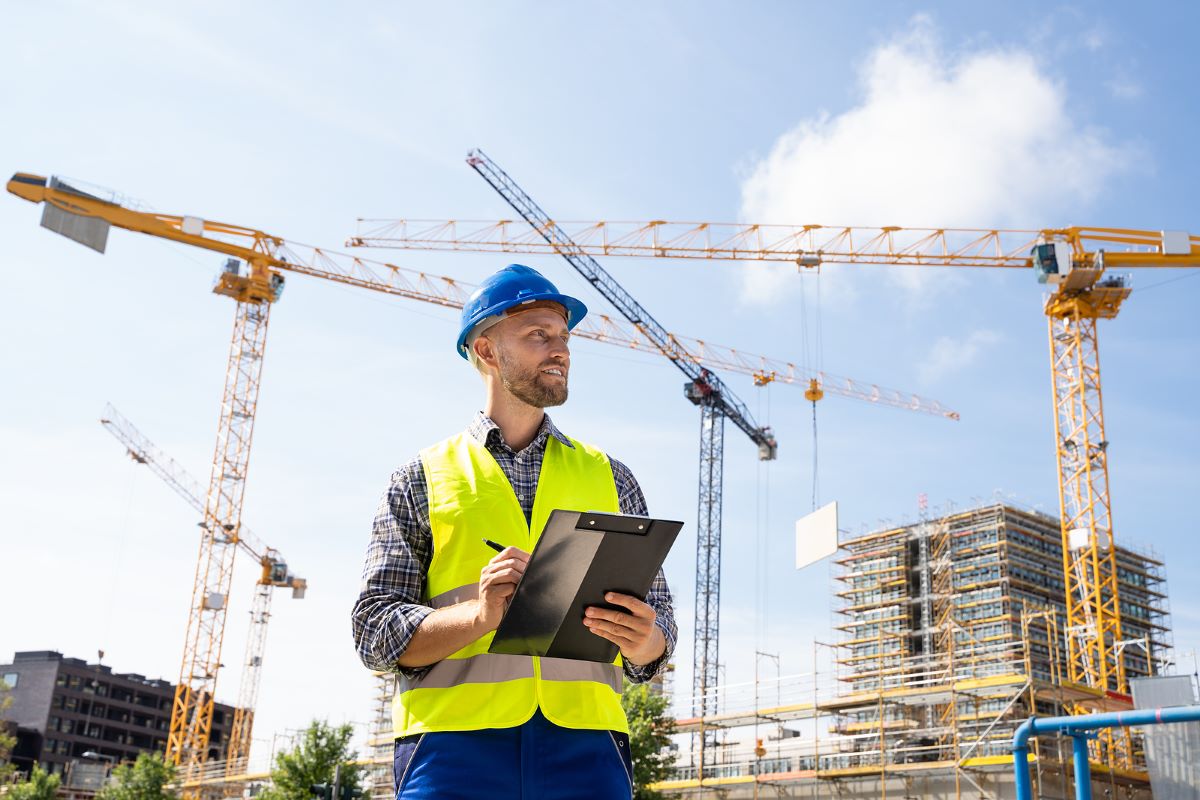


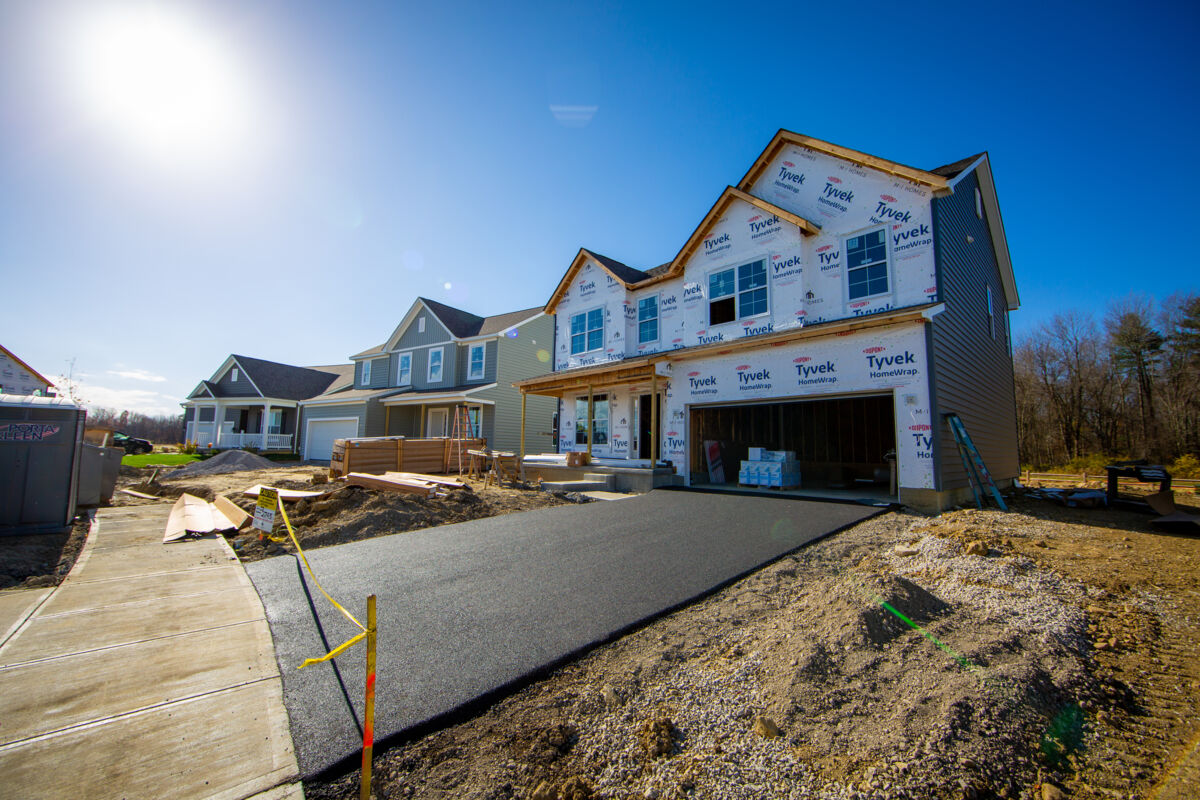
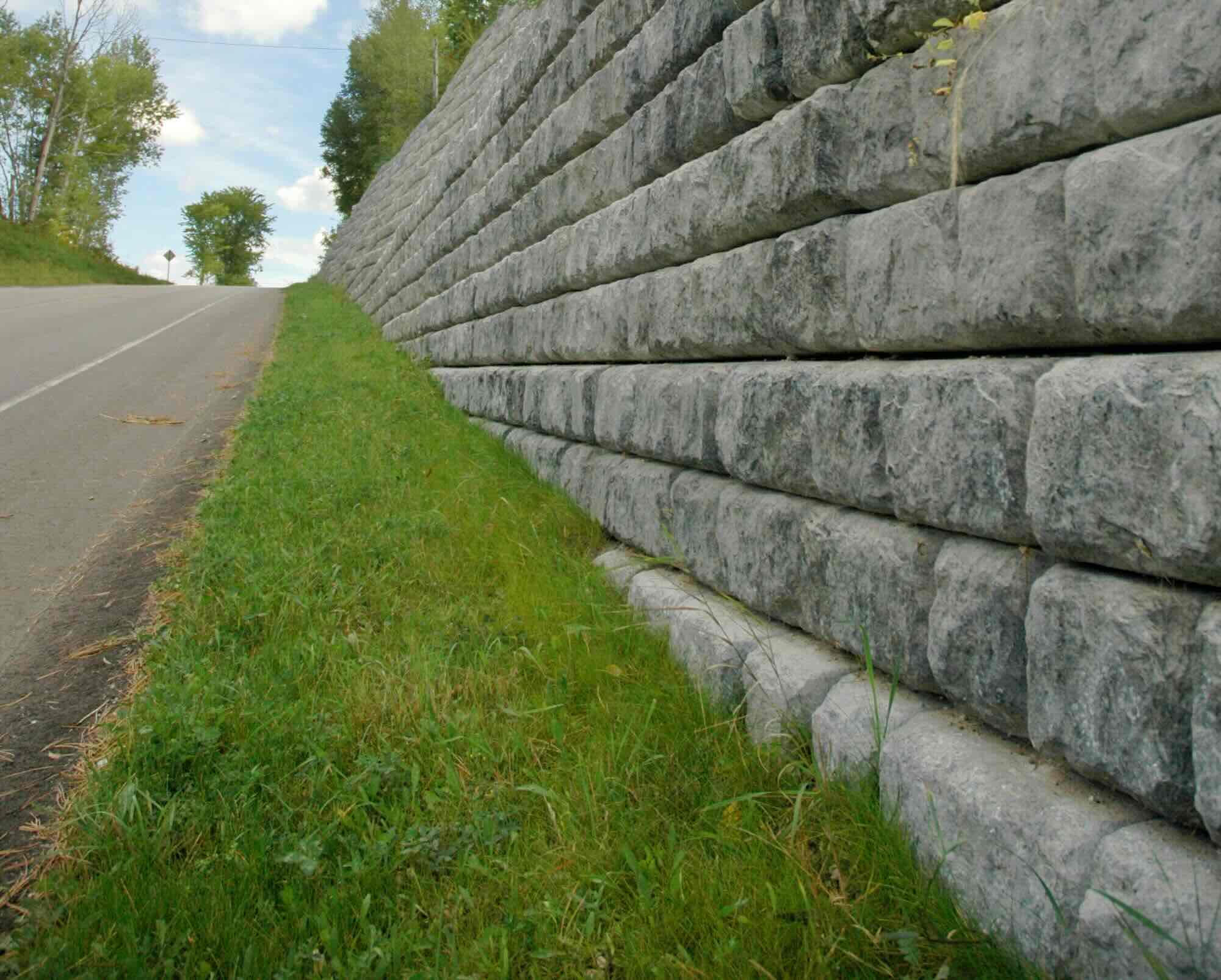
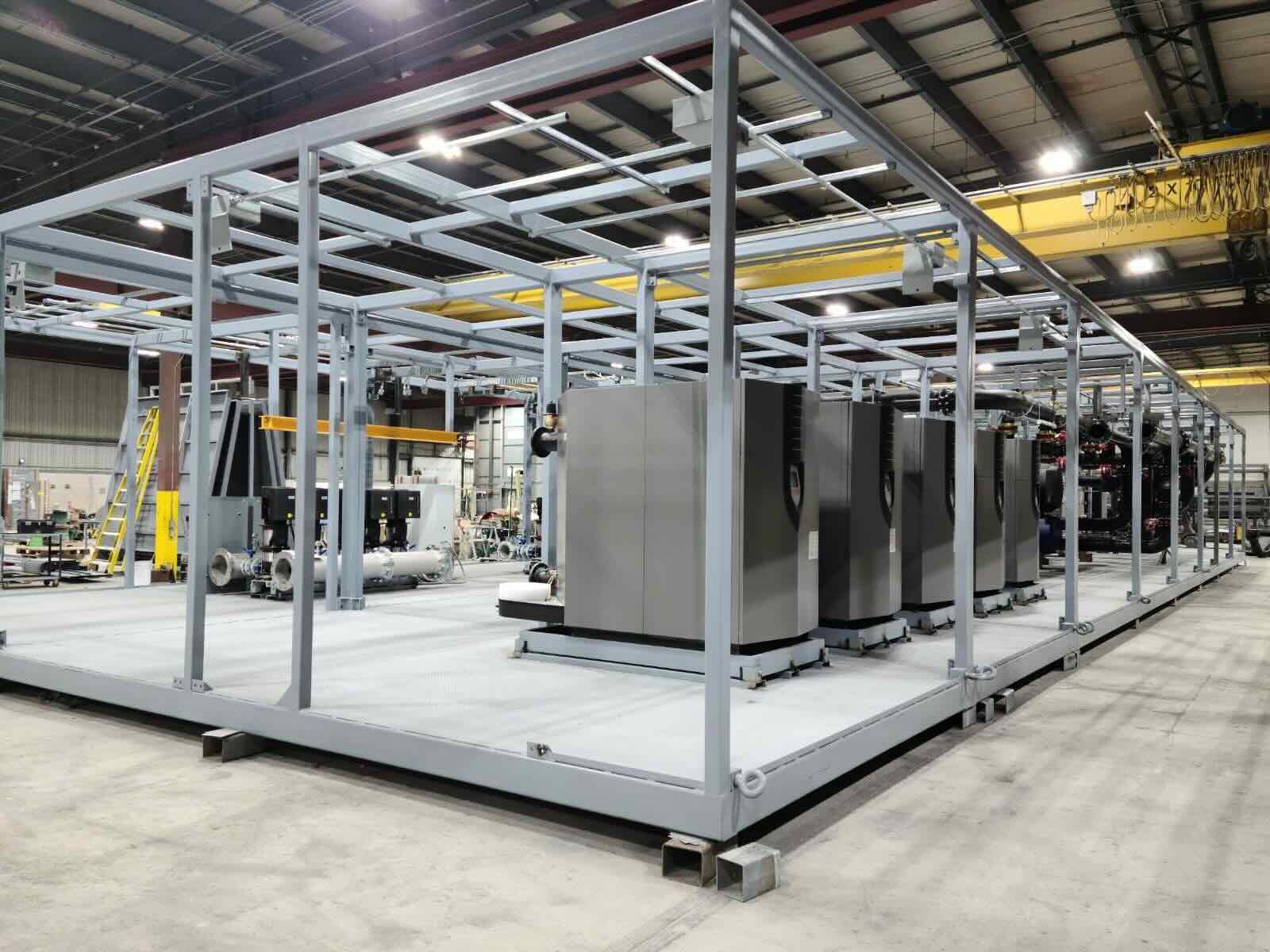

0 thoughts on “What Is Construction”